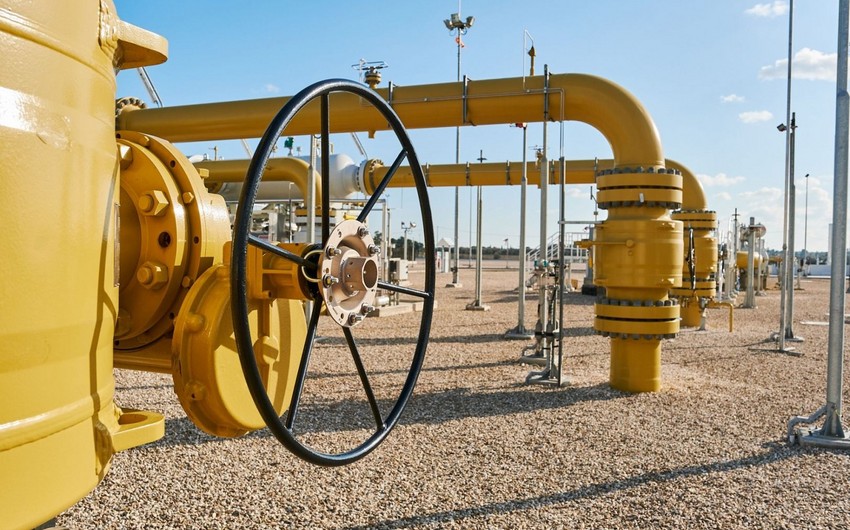Approximately 3 bcm of natural gas has been exported via TAP in the first half of 2021, and flows are set to exceed 5 bcm in 2021 as a whole, Report informs, referring to the International Energy Agency (IEA).
According to the IEA, Europe’s net pipeline imports declined by over 10% in 2020, owing to the steep drop in pipeline flows from Russia, North Africa, and Iran. Norway’s pipeline deliveries remained resilient, while Azeri exports increased by over 20% year on year. Pipeline flows are expected to recover to over their 2019 levels in 2021, driven by a strong increase in Russian and North African imports (up by 18% and 130% y-o-y respectively in H1 2021) and the initial ramp-up of Azeri flows to Italy and Southeast Europe through the TAP pipeline.
Natural gas production increased by close to 8% y-o-y in the first five months of the year. This has been driven by strong export growth, up by over 40% y-o-y. Deliveries via the TAP pipeline continued to ramp up and reached 2.5 bcm in the first five months of the year.
TAP transports natural gas from the giant Shah Deniz field in the Azerbaijan sector of the Caspian Sea to Europe. The 878 km long pipeline connects with the Trans Anatolian Pipeline (TANAP) at the Turkish-Greek border in Kipoi, crosses Greece and Albania and the Adriatic Sea before coming ashore in Southern Italy.
TAP will facilitate gas supplies to South Eastern European countries through prospective interconnectors. In particular, Bulgaria will be able to cover up to 33% of its total gas demand through TAP after the completion of the Interconnector Greece Bulgaria (IGB). TAP’s exits in Greece and Albania together with the landfall in Italy provide multiple opportunities for further transport of gas from Azerbaijan to the broader European markets.
As a key part of the Southern Gas Corridor, TAP is strategically and economically important to Europe and essential in providing reliable access to a new source of natural gas. TAP plays a significant role in boosting Europe’s energy security, supply diversification, and decarbonization objectives.
TAP’s shareholding is comprised of bp (20%), SOCAR (20%), Snam (20%), Fluxys (19%), Enagás (16%), and Axpo (5%).


 https://static.report.az/photo/1bef678b-4c4a-3c56-b1bf-23822f7f1633.jpg
https://static.report.az/photo/1bef678b-4c4a-3c56-b1bf-23822f7f1633.jpg

